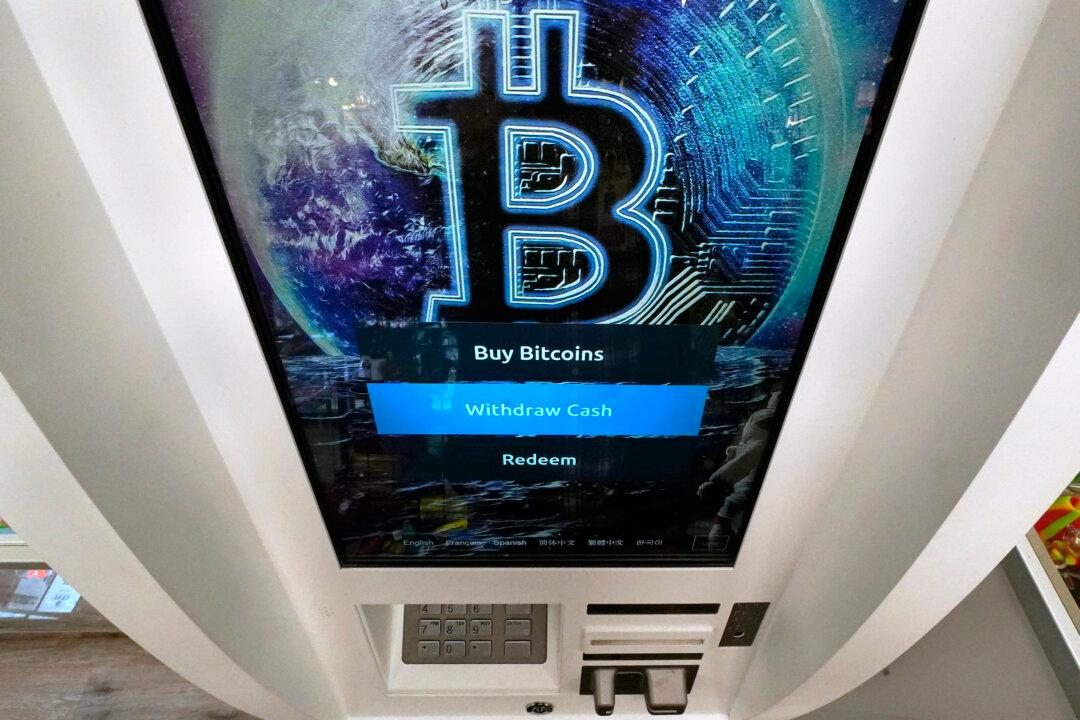Further tightening its financial sanctions against Russia for invading Ukraine, the European Union has announced a complete ban on crypto payments to Moscow.
“The existing prohibitions on crypto assets have been tightened by banning all crypto-asset wallets, accounts, or custody services, irrespective of the amount of the wallet (previously up to €10,000 was allowed),” the European Commission said in an Oct. 6 press release. The new measures have been introduced as part of the eighth package of sanctions and will thus cease all crypto payments between Russia and the European Union.





